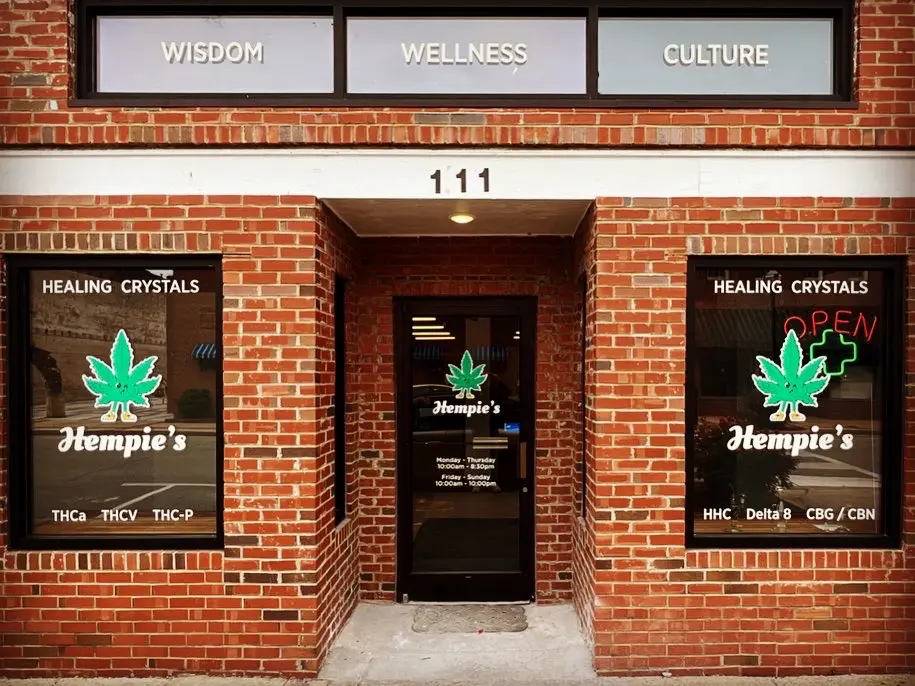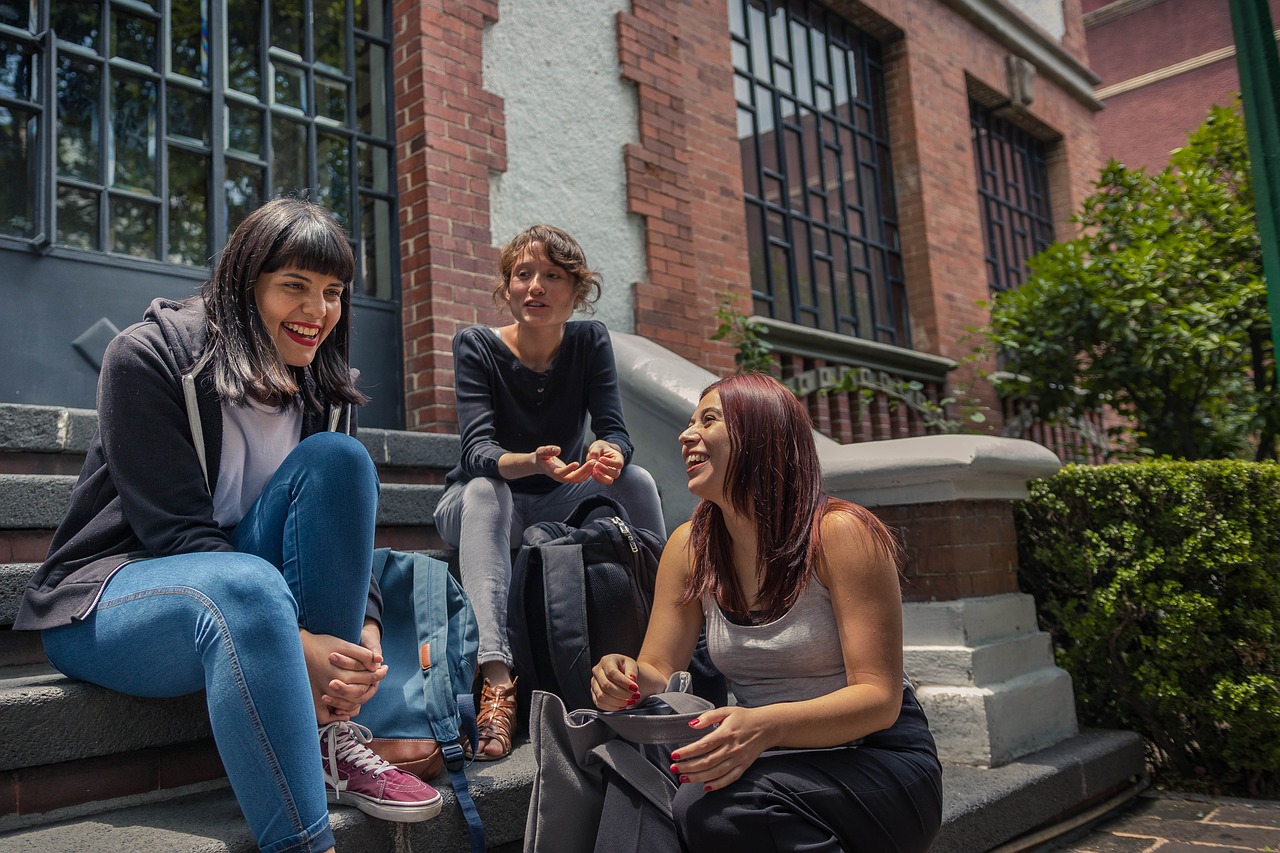The sign on the door says open at 10, but Amanda always gets there early. She brews a fresh pot of coffee, flips the lights, and wipes down the glass counters. The place smells like lemon cleaner and lavender tincture. It’s small — just 800 square feet — but everything is neat, labeled, and exactly where it should be.
There’s a man waiting outside by 9:50. Mr. Jennings. Early 70s. Former truck driver. He comes twice a week for the same thing — a Delta-8 salve he rubs on his lower back. Amanda walks over to the shelf before he says a word. She asks if he’s still sleeping better. He nods and smiles. Says he told his brother about it last week.
He leaves with two jars and a thank-you. No upsell. No pressure.
By noon, business picks up. A college student comes in holding a screenshot from TikTok. She saw something about Delta-10 and wants to know if it’s “too much.” Amanda walks her through the options, explains dosing, lets her scan the lab reports on the box. The student is nervous, but leaves feeling good — and informed.
At 1:15, a single mom named Lexi stops in on her lunch break. She’s not here for herself. Her dad’s in chemo, can’t keep food down, and she’s looking for something that might help his appetite. Amanda recommends a mild edible. Explains how it works. What to expect. Tells her to start low and slow.
By 3 p.m., two men in their forties are comparing cartridges. They both work night shifts. One’s had trouble sleeping since switching schedules. The other wants something for muscle pain after work. Both leave with something clean, safe, lab-tested. Legal.
Throughout the day, every customer shows ID. Every product is tracked. Every transaction gets logged. Nothing sketchy. Nothing shady. Just a small shop on a quiet street doing things the right way.
Behind the counter, there’s a binder full of compliance documents. Every product has a COA. Amanda checks inventory weekly. She meets with a consultant once a month to stay up to date on Ohio’s shifting hemp rules — and yes, they shift often.
Her rent is $1,400. Her monthly tax bill is higher. She employs two part-timers who know the regulars by name.
At 5:55, the last customer walks in. A middle-aged man who’s been trying to cut back on drinking. He buys a three-pack of Delta-9 gummies and says, “this is the only thing that takes the edge off.” Amanda nods. She hears that a lot.
At 6:01, she locks the door, counts the till, and starts restocking. Her feet hurt. Her back’s stiff. She’ll take a half gummy later before bed. Not to escape — just to relax.
This isn’t a “gray market.” It’s a green light for people trying to feel better. For workers trying to stay standing. For business owners trying to do things right.
And if SB86 or HB198 pass, this entire day — this entire way of life — could be made illegal with the stroke of a pen.






